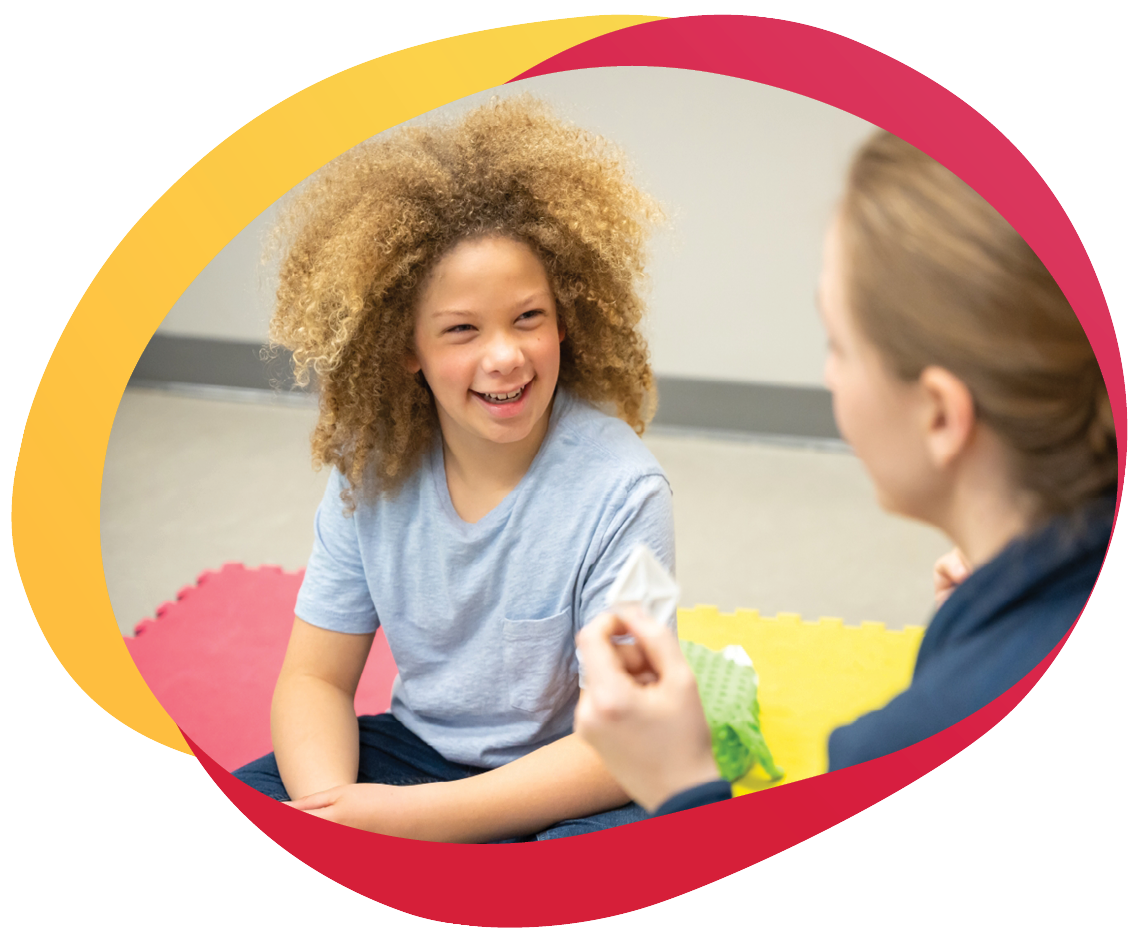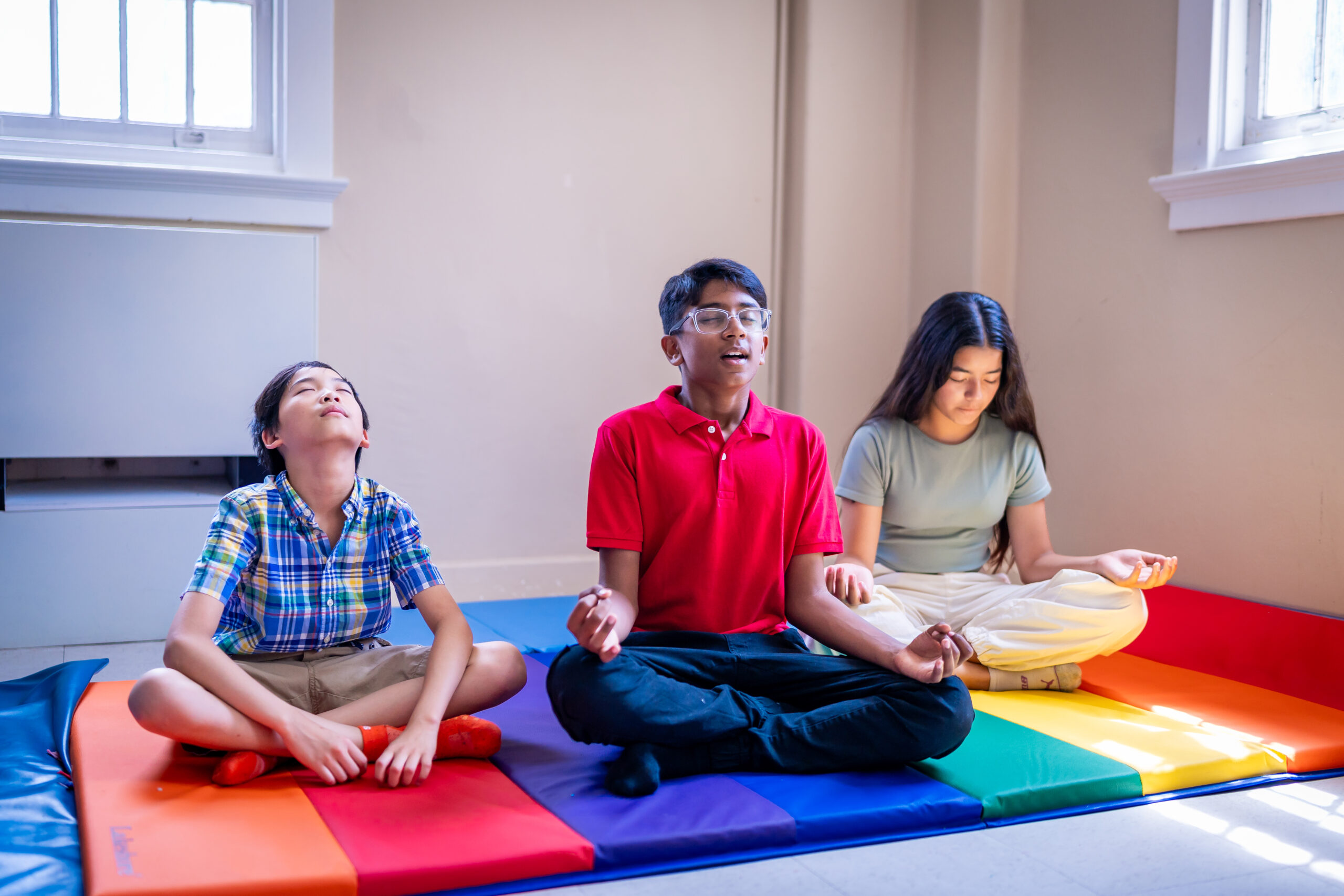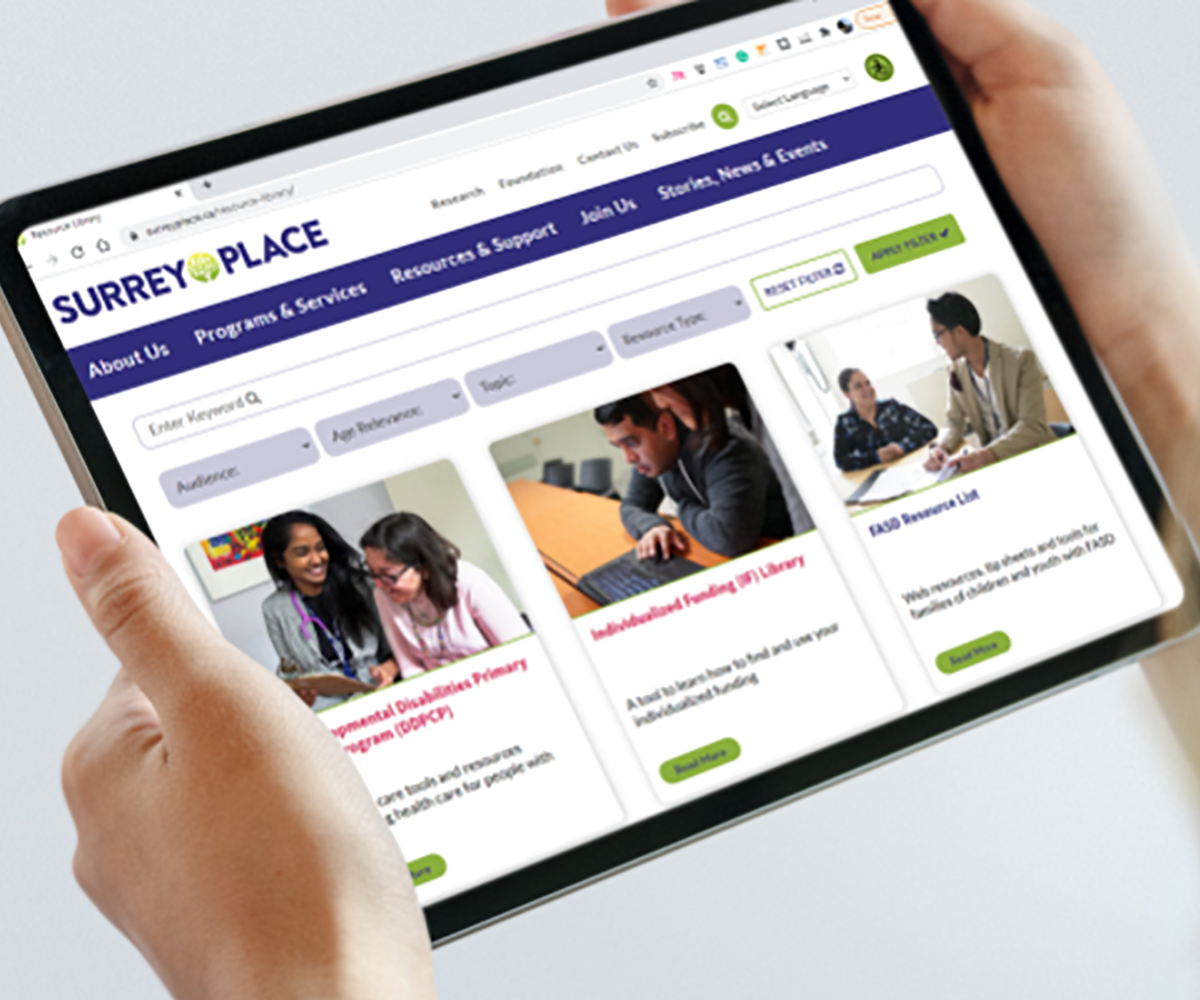Building Confidence Mental Health Group
To Register
Complete the form for Building Confidence Mental Health Group

At Surrey Place, we’re passionate about helping children and teens with autism develop the emotional skills they need to thrive. Our dynamic mental health groups empower young people to gain confidence, manage emotions, and show themselves patience and kindness. Through fun, interactive sessions, we support youth in learning
- Techniques to uncover their unique strengths: learning through games, physical movement and peer discussions
- Emotion regulation strategies: Ways to challenge negative self-talk, self-compassion and self-acceptance
- To develop healthy habits: prepare healthy snacks with a nutritionist to make good choices
Our Building Confidence Mental Health Group combines evidence-based therapeutic approaches like cognitive behavioural therapy and acceptance and commitment therapy within an engaging, activity-rich environment. Led by experienced clinical psychologists and social workers, these sessions are designed to boost self-awareness and confidence in practical, everyday ways.
A highlight of our program is the hands-on sessions with our nutritionist, who helps participants make healthy snacks and encourages them to make choices that promote well-being. With multidisciplinary support, your child will gain tools for feeling better both physically and emotionally.
The program is designed for youth ages 9-14 and offers a welcoming, in-person environment for socializing and personal growth. With discussions, visuals, games, and physical movement, your child will have fun while building skills they can use every day. Join us to help them discover their strengths and develop self compassion in a safe, supportive space!
Eligibility
WHO SHOULD REGISTER?
Your child might benefit from this group if they:
- Use sentences to ask and answer questions.
- Understand and follow clear instructions.
- Can recall and describe past events.
- Can participate in (up to) 20-minute group sessions.
- Can listen to facilitators and other group members.
- Would like to build self-confidence through teamwork and cooperative activities.
WHO IS NOT A FIT?
Your child or teen may NOT be eligible if they:
- Do not respond to individual or group instructions.
- Do not follow group routines.
- Have difficulty with language or communication.
- Frequently harm themselves, harm others or destroy objects when upset. For challenging behaviours, consider 1-to-1 Focused Behavioural Intervention. For new or escalating, high-risk behaviour, Urgent Response Services may be appropriate.
Schedule
AGES 9-14
10 Weeks | 1 Day/Week | 1.5 Hours/Day | $3,150 (Tax Included)
Downtown 2 Surrey Place, Toronto, ON M5S 2C2
Sep 08 – Nov 17, 2025
Monday
5:00 PM – 6:30 PM
SOLD OUT

Wellness Events
Did you know that we offer free events for clients, caregivers and professionals?

Resource Library
Find accessible information developed by our clinicians to help you on your journey.